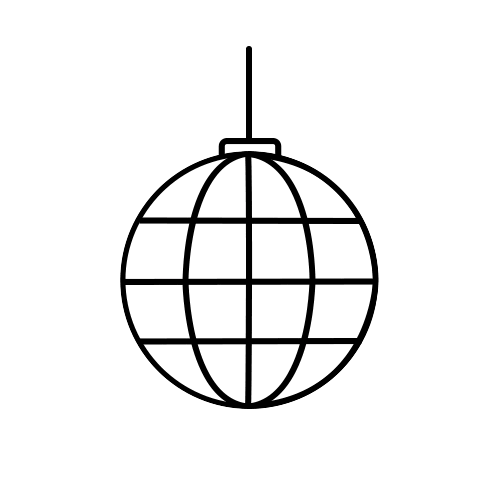
Opening and managing an event venue is a dream come true for creatives, property owners and families alike, and it's all fun and games until you're dealing with pricing structures, schedules and a full inbox. The logistics that go into creating a successful, seamless venue experience – for vendors and clients – can be daunting and you may be feeling more overwhelmed than when you were building the blueprints for your space. We caught up with some of the event industry's most seasoned planners and designers to get their top tips on running a venue that everyone from companies to couples to vendors will not only love hosting their event at, but will also refer you to everyone they know.
Reporter: Heather Ash


















![Set Up Multiple Site Visits [Cont.]](https://d3emaq2p21aram.cloudfront.net/media/cache/venue_roundup_single_image_flex/uploads/SiteVisit2-MavinhouseEvents-LindsayVann-02.jpg)

